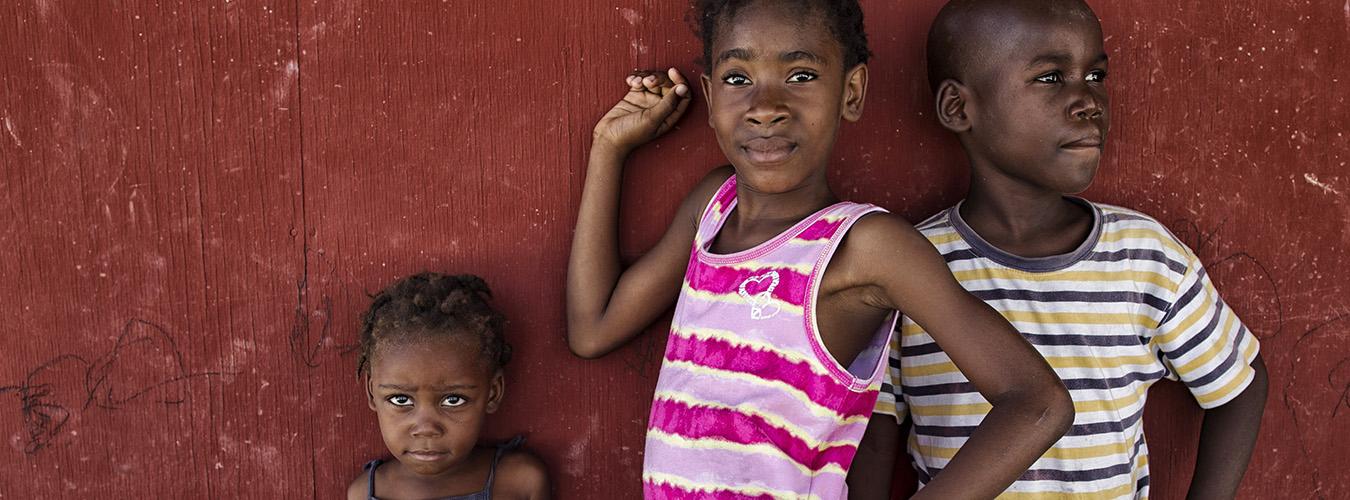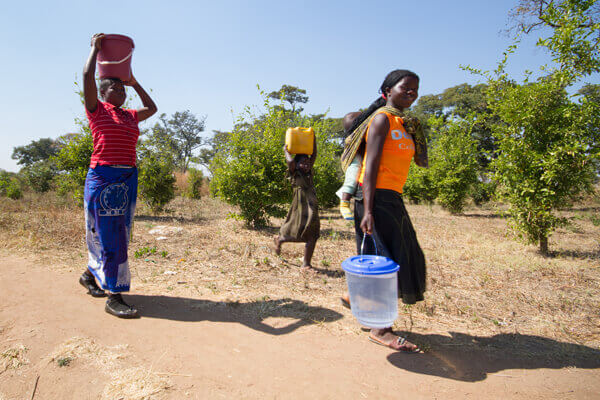World Seagrass Day 2026 with SDG Resources
Nurturing the Oceans' Lifelines: Seagrass
Our planet's health and prosperity depend on the well-being of its oceans and marine ecosystems. Seagrasses, often overlooked, are vital in maintaining these ecosystems. World Seagrass Day is dedicated to highlighting the crucial role of seagrasses in our marine environments.
The Significance of the Day
World Wildlife Day 2026: Celebrating Biodiversity and Conservation
Observed annually on March 3, World Wildlife Day raises global awareness of the world’s wild flora and fauna. Established by the United Nations General Assembly (UNGA) in 2013, the day marks the anniversary of the adoption of the Convention on International Trade in Endangered Species of Wild Fauna and Flora (CITES) in 1973. World Wildlife Day celebrates the intrinsic value of wildlife and its critical contributions to biodiversity, ecosystem health, and human well-being.
International Women's Day 2026: A Call to End Violence Against Women and Support SDG Resources
International Women's Day, celebrated annually on March 8th, is a global event that recognises the social, economic, cultural, and political achievements of women while advocating for gender equality. In this article, we will explore the importance of International Women's Day and its contribution to Sustainable Development Goals (SDGs) related to gender equality and ending violence against women.
The History of International Women's Day
International Day of Happiness 2026 with SDG Resources
On March 20th every year, the world comes together to commemorate the International Day of Happiness. The International Day of Happiness 2025 is not just another date on the calendar, but a global movement towards a happier, more inclusive, and resilient world.
The Significance of the International Day of Happiness 2026
World Poetry Day 2026: Celebrating Poetic Expression and Linguistic Diversity
World Poetry Day is observed every year on March 21, celebrating the enduring power of poetry as a universal form of human expression. Declared by UNESCO in 1999, this day promotes reading, writing, publishing, and teaching poetry while honoring its ability to inspire creativity, preserve endangered languages, and foster dialogue among cultures.
International Tea Day 2026
Celebrating a World of Flavors and Cultures: International Tea Day
Tea, a beverage steeped in history and culture, connects people across the globe. International Tea Day is dedicated to celebrating this diverse and beloved drink. The day honors the rich cultural heritage, health benefits, and the significant role tea plays in rural development and sustainable livelihoods.
The Significance of the Day
World Down Syndrome Day 2026: A Deep Dive into SDGs
Every year, the world pauses to recognize and celebrate the vibrant lives and countless contributions of people with Down syndrome. As we approach World Down Syndrome Day 2026 on March 21, SDG Resources is promoting the Sustainable Development Goals (SDGs) that pertain especially to this community.
SDGs and Down Syndrome: An Overview
Sustainable Development Goals (SDG) can help with global water sustainability for World Water Day 2026.
As World Water Day 2026 approaches, it is important to think about how important water is and how the Sustainable Development Goals (SDGs) can help solve the world's water problem. This day, which is celebrated every year on March 22, brings attention to how important water is and how it affects our health, the world, and our way of life.










